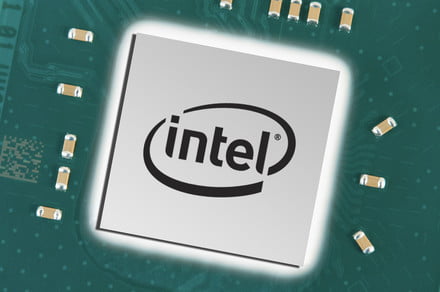Intel and the University of Pennsylvania’s Perelman School of Medicine have teamed up to create artificial intelligence models that can identify brain tumors.
“A.I. shows great promise for the early detection of brain tumors, but it will require more data than any single medical center holds to reach its full potential,” said Intel Labs principal engineer Jason Martin in a statement.
The program, which is being funded by the National Institutes of Health’s National Cancer Institute, will involve collaboration with 29 international health care and research institutions across the U.S., Canada, United Kingdom, Germany, the Netherlands, Switzerland, and India.
The federation of medical centers, which will start developing the algorithms for the identification of brain tumors this year, “will allow medical researchers access to vastly greater amounts of health care data while protecting the security of that data,” according to Dr. Spyridon Bakas from the Perelman School of Medicine.
Intel, UPenn, and the other 29 institutions will preserve the privacy of the patient data that will be used in the program through “federated learning,” an approach to machine learning that allows organizations to collaborate on training A.I. without sharing personal information.
Under this model, the medical centers will train A.I. models locally using their own data. The models will then be shared with a central server that creates a consensus model with all the accumulated knowledge from the models trained by the medical centers. The raw data will remain within the medical centers, which not only maintains privacy but also skips the need for large data transfers.
Previous research by Intel and UPenn demonstrated that federated learning is over 99% as effective as training A.I. models using the traditional, non-private method.
The partnership will initially focus only on brain tumors, but the research will fuel future decisions on the technology, as there is interest in exploring how it may be applied to the identification of other diseases, Intel told Digital Trends.

